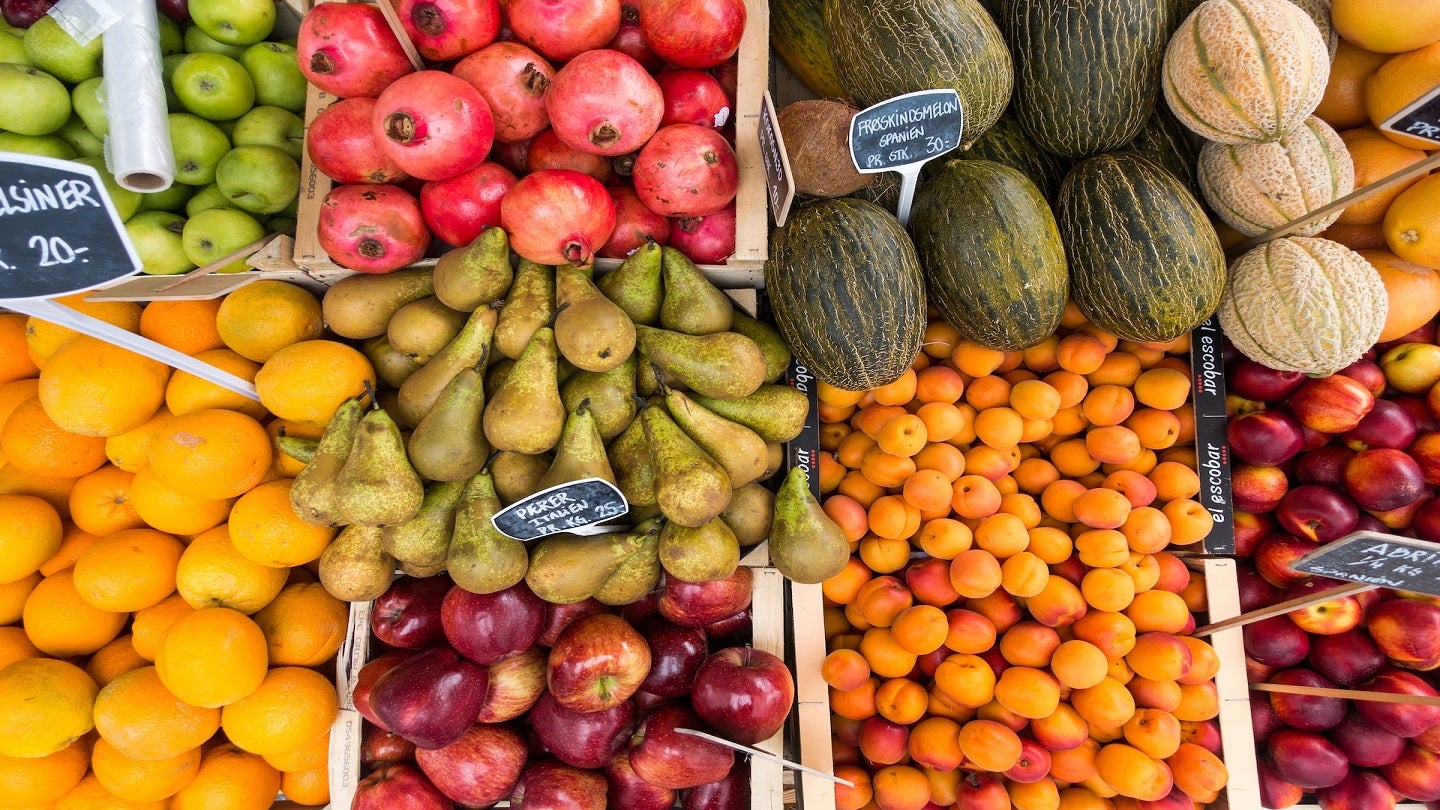
Food inflation in the UK has slowed to 11.5% in August from 13.4% in July, according to data from the British Retail Consortium (BRC).
The figure is below the three-month average rate of 13.1% and is at its lowest since September 2022.
Inflation of fresh food slowed further to 11.6% in August from 14.3% in July. This is below the three-month average rate of 13.8%.
Non-food inflation remained unchanged at 4.7% during the month but is below the three-month average rate of 5.0%.
The BRC data also reveal that ambient food inflation slowed to 11.3% in August, down further from 12.3% in the previous month. It is behind the three-month average rate of 12.2%.
During the month, shop price annual inflation also dropped to 6.9%, down from 7.6% in July. Shop price growth is the lowest since October 2022.
British Retail Consortium chief executive Helen Dickinson said: “Better news for consumers as shop price inflation in August eased to its lowest level since October 2022. This was driven by falling food inflation, particularly for products such as meat, potatoes and some cooking oils.
“These figures would have been lower still had the Government not increased alcohol duties earlier this month. Across Non-Food categories, toiletries and cosmetics saw price growth ease as many key components became cheaper. Meanwhile, inflation for clothing and footwear increased as retailers unwound their extensive summer sales.
“While inflation is on course to continue to fall thanks to retailers’ efforts, there are supply chain risks for retailers to navigate. Russia’s withdrawal from the Black Sea Grain Initiative and its targeting of Ukrainian grain facilities, as well as poor harvests across Europe and beyond, could serve as potential roadblocks to lower inflation.”



